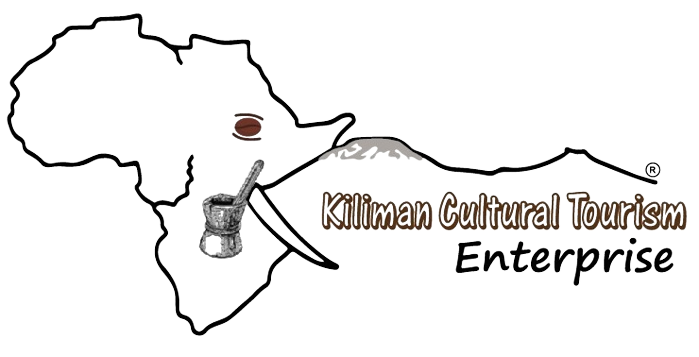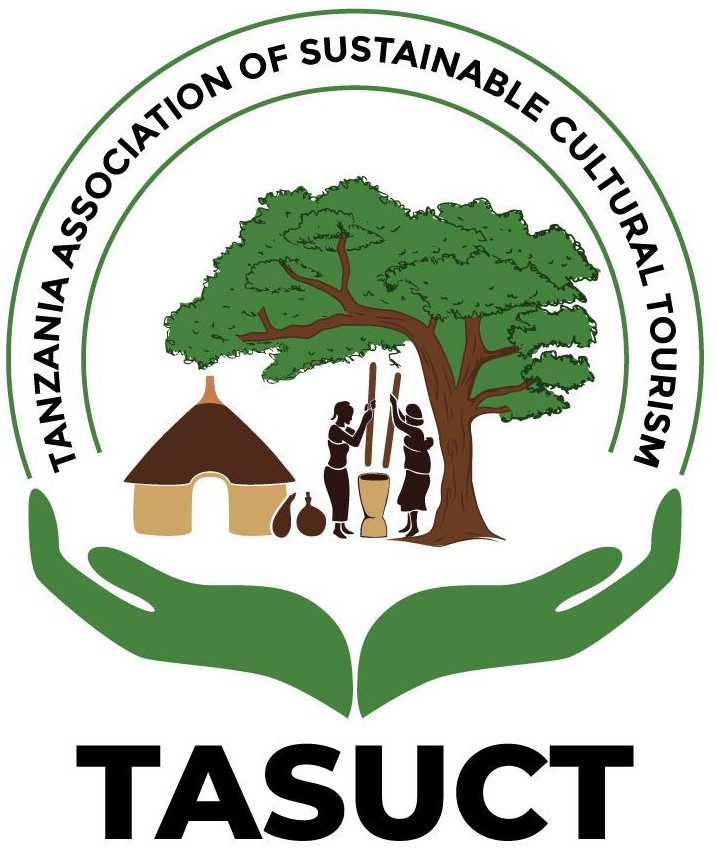Before the Class
Research the Local Cuisine Understand the basics of Tanzanian dishes like Ugali, Ndizi Nyama (banana & meat stew), or Pilau. This gives you context and helps with questions during the class. Book a Local Experience Look for authentic experiences — often hosted in local homes or with small community groups. Ask if the class includes a market visit (a great cultural immersion). Dress Comfortably It can get warm in kitchens. Wear light clothes, closed shoes, and bring a hair tie if needed.
During the Class
Ask Questions
Don’t hesitate to ask about ingredient substitutions or cultural significance behind certain dishes.
Take Notes and Photos
Snap pictures of ingredient amounts and cooking techniques — it’ll be helpful when you recreate the dish at home.
Participate Fully
Chop, stir, taste — it’s a hands-on experience. Tanzanian instructors often love when you show interest in their culture.
Learn the Language Basics
A few Swahili cooking terms go a long way:
Kupika = to cook
Chopua = to peel
Kitunguu = onion
Mafuta = oil
After The Class
Enjoy the Meal Together
Dining with the host or group is part of the cultural exchange — often served on a kikapu (woven basket) or shared plate.
Buy Local Ingredients
Ask where to get spices or special ingredients to take home — Tanzanian cardamom, pilau masala, or dried bananas are great.
Leave a Tip or Review
If the experience was great, a small tip or positive review helps support local guides and chefs.


